For most of my travels I have been under the influence of alcohol. In my defence, I had to be: by a very fortunate twist of fate, I once worked as an analyst in the wine and spirits industry.
Covering the Eurasia region I travelled to several countries to discover what – and how much – the people in this part of the world drink. I learned that a country’s choice of tipple always reveals something great about their culture. Behind the data and numbers in my reports were hundreds of stories – not to mention some delicious memories.
Bulgaria
Bulgaria’s national spirit is rakia – a delicate, clear brandy (although quite different from the English meaning of the word), made by distilling grapes or other fruits, such as plums or apricots, in large barrels topped up with sugar and water. With a high alcohol content – anywhere between 40% and 95% – rakia is interesting in that it is usually drunk at the beginning of a meal rather than at the end), and normally accompanies traditional shopska and ovcharska salads.
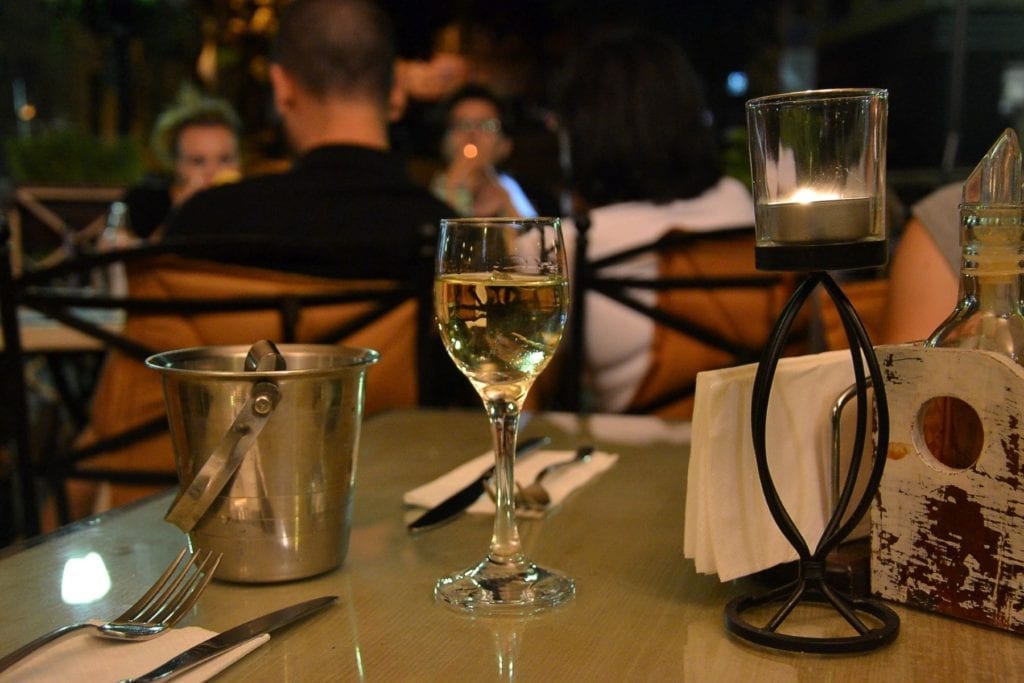
In a nation of connoisseurs, restaurants are as proud of their rakia selections as they are of their wine lists. But the most special Bulgarian drinks aren’t found in restaurants, for this is the only country in Europe where more than half of the alcohol consumed is made at home.
Rakia production is taken very seriously, and reputations in every family and village rest on who can make the best. The highlight of any gathering at my brother-in-law’s home in Sofia is when he brings out the white peach rakia, which his wife’s father sends to their family for special occasions. It has led to some very late nights: we can never bring ourselves to go to bed while there is still something in the bottle.
The same goes for wine: Bulgaria has a long history of winemaking, with evidence suggesting it stretches back to Thracian times. Today’s vineyards make lovely styles with Mavrud and Traminer grapes, but households usually have litres of homemade wine stashed away, which tastes just as good.
When in Bulgaria, drink…
A chilled glass of homemade plum rakia. If it comes from the local rakia master, it will be much more memorable than anything you can buy from a shop. If you do go to a shop, then a plastic bottle of Bulgarian rum or whisky will also be memorable, but for rather different reasons…
Georgia
Georgia’s national drink is another clear spirit – a fiery liquid called chacha, which is made by fermenting the skins of grapes left over from making wine. Not so long ago chacha was found only in mountain villages, but in the last few years word of the head-splitting moonshine has reached the country’s visitors, and Tbilisi’s bars and restaurants now sell expensive artisan or herb-infused varieties.
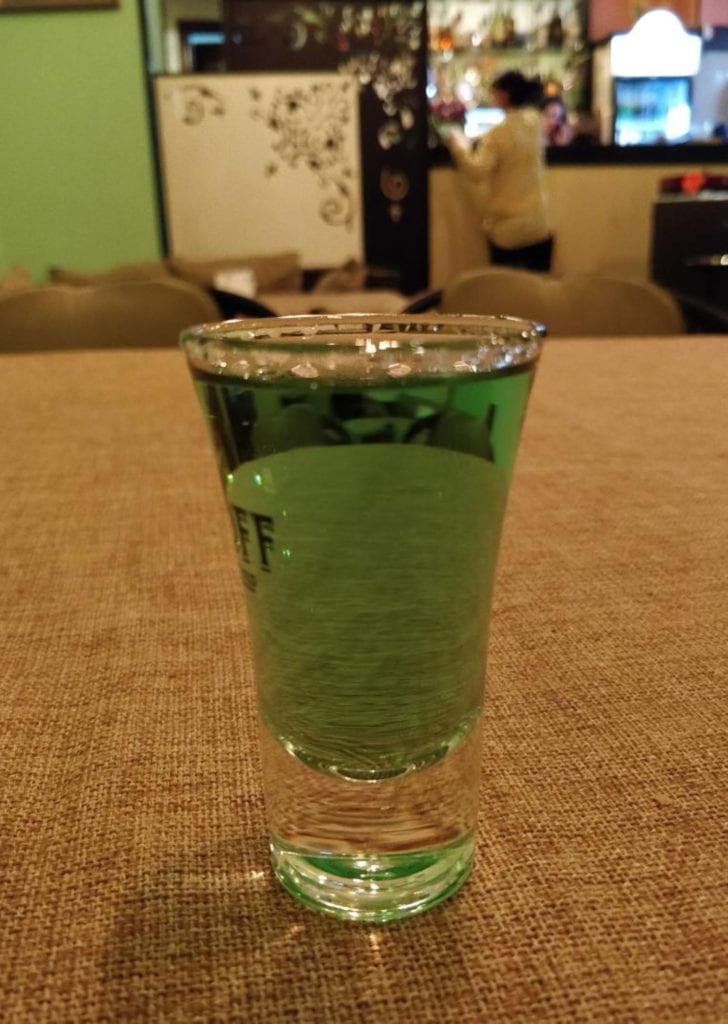
The Georgians have a saying, ‘All chacha is the same – it’s just the adventures that are different’, and this could well be true. My first adventure with chacha, in a tavern high up in the Caucasus Mountains, left me lying on my back on a frozen road gazing up at the stars. After my second experience – some of the posh stuff flavoured with tarragon – I found myself stumbling around underneath Tbilisi’s Narikala Fortress, convinced that my hotel had disappeared. No matter the type of chacha, it always leads to a hazy memory the next morning…
Georgia prides itself as being the birthplace of wine. The country’s historic winemaking traditions – using the local Rkatsiteli and Saperavi grapes, the practice of fermenting wines underground in clay qvevri pots, creating the famous ‘orange’ wines – are a huge part of the country’s culture.
Spend a little time in Georgia and you are sure to be invited to a supra – a feast that takes the Georgians’ legendary generosity to crazy extremes. Guests are fed through the day and night, all the while being toasted with wine and chacha, until no-one can move.
When in Georgia, drink…
Something different. Look for a walnut brandy called David, which is made by the Sarajishvili brandy company. It’s the perfect liquid to fortify you after a mountain hike.
Armenia
Armenia’s most celebrated drink is its Ararat brandy, named after sacred Mount Ararat – nowadays just over the border in Turkey – where Noah’s Ark is said to have come to rest. The brandy has long had fans far beyond the Caucasus, among them Winston Churchill, who, having been plied with the stuff by Stalin during the 1945 Yalta conference, is said to have declared it better than French brandy, and had several cases of the most expensive Ararat sent to him every year.
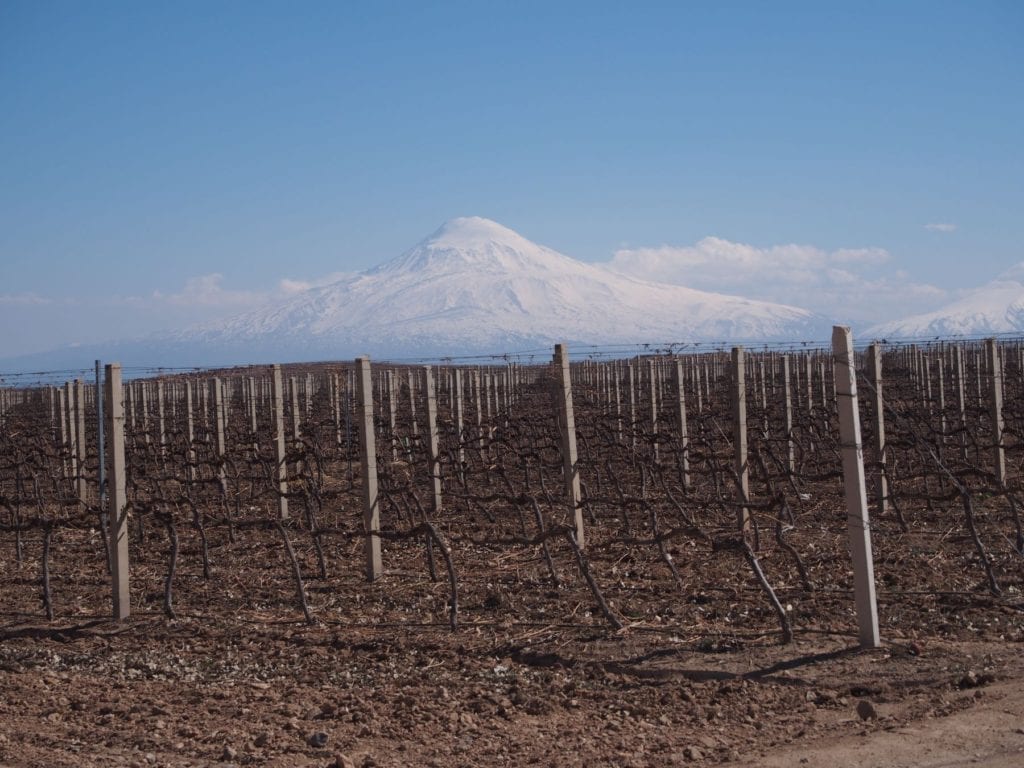
These days, wine bars are springing up all over the capital, Yerevan, and wines from the country’s new vineyards are by far the trendiest tipple. Armenians say that it was they who invented wine, not their boastful neighbours in Georgia, and it is starting to mean just as much to their culture. On one of my work trips to Yerevan I got caught up in the mass protests that deposed their former prime minister. When the news broke that he had resigned, the waitress at the cafe I was sitting in brought everyone a glass of sparkling Armenian wine (not brandy) to celebrate with.
Another iconic Armenian drink is mulberry vodka, made by Armenians living in the disputed enclave of Nagorno-Karabakh, but sold with pride throughout the country
When in Armenia, drink…
A reserve bottle of Karas wine. The Karas vineyard, located in the shadow of Mount Ararat in Armenia’s Armavir province, is tended by a team of Argentinians, descendants of the Armenians who left their homeland for South America over a century ago.
Azerbaijan
Azerbaijan’s warm climate makes its countryside an ideal place for cultivating fruits. Much of these go into sweet wines and brandies, as well as liqueurs made from pomegranates and apricots. These can be dangerously easy to drink. A contact of mine in Baku once invited me to a meeting at a rooftop restaurant, and as the sun set over İçərişəhər (the Old City) we spent so much time drinking Azeri wine and talking about our families that we both completely forgot why we had decided to meet in the first place.
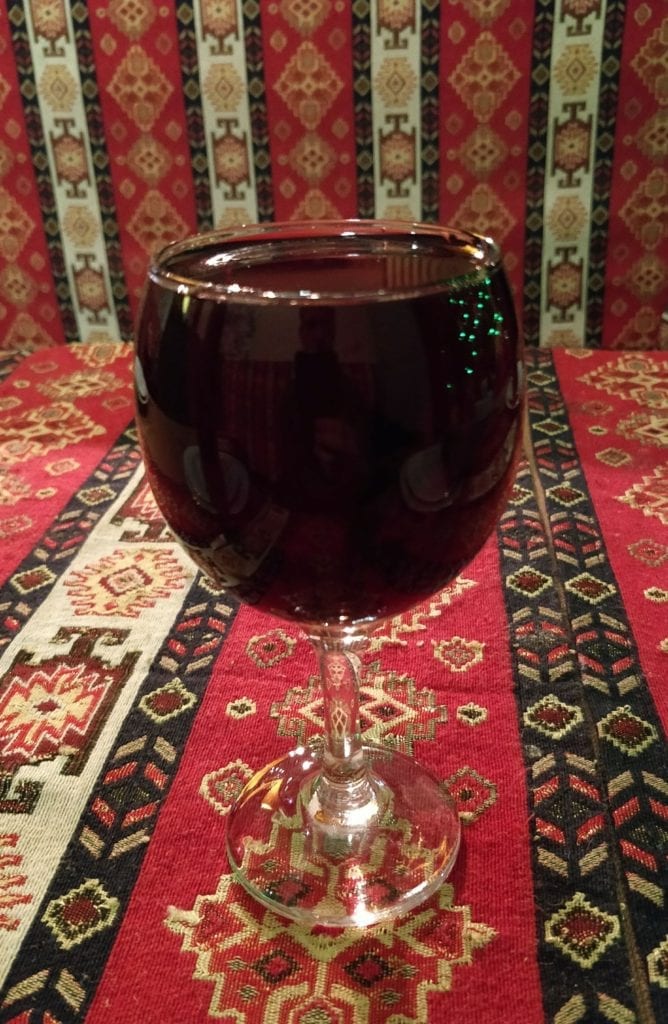
Azerbaijan’s location on the Caspian Sea also makes it a destination for smuggled alcohol, although the government is cracking down on the black market so there are not as many counterfeit bottles of foreign spirits sloshing around as there used to be. Still, there are still plenty of fake vodkas and Scotch whiskies on supermarket shelves, next to the growing number of local wines.
When in Azerbaijan, drink…
A carafe of pomegranate wine. Or, if you are feeling brave, try to track down an elusive remaining bottle of ‘Jack Walker’ – a counterfeit ‘whisky’ rumoured to come from Azerbaijan, which achieved the impressive feat of being sued by two different drinks companies at the same time.
Kazakhstan
Kazakhstan may be the perfect place to come for a detox. Alcohol is fast going out of fashion: Kazakhs are defiantly moving away from the country’s Russian legacy in many parts of their lives, and this includes giving up vodka. Young people are engaging much more with Islam than previous generations, and with these cultural changes many alcohol companies are starting to sell soft drinks instead.
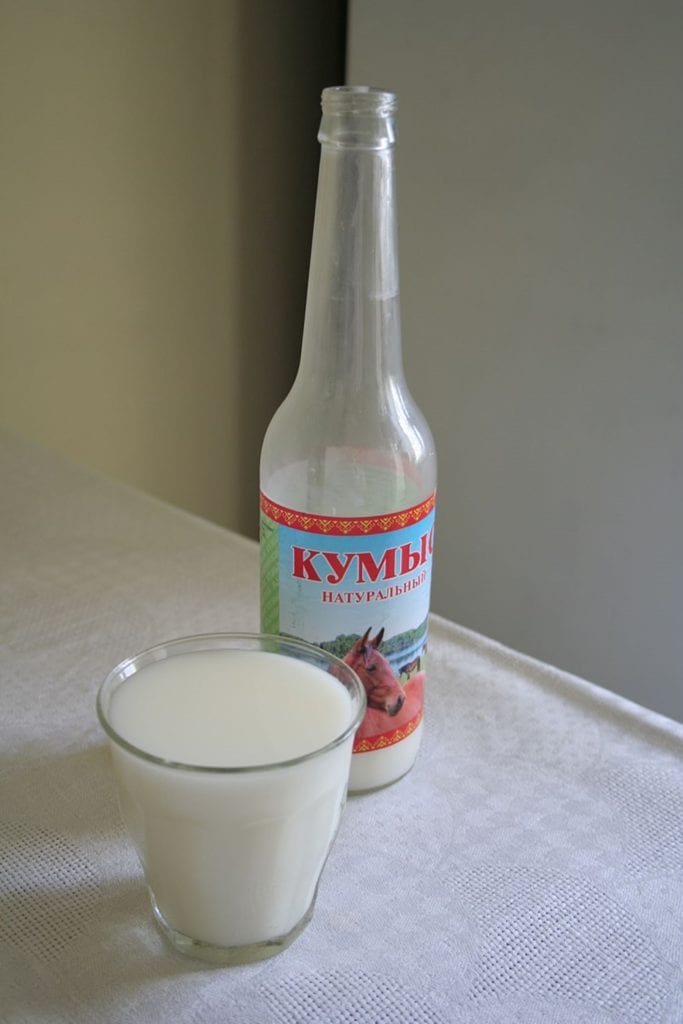
Of the Kazakhs who still drink alcohol, many are doing it in healthier ways. Wine tastings are becoming popular, and there is even a scene for Kazakh wine. A few years ago one of the country’s most powerful people, a former finance minister and advisor to the president, discovered an abandoned vineyard in the Assa Valley, between Almaty and the border with China. In his retirement he has made it his mission to bring it back to life through the creation of Arba Wines, who now also have a boutique in Almaty, and sell their wines throughout Kazakhstan.
When in Kazakhstan, drink…
One of Kazakhstan’s national drinks, a fermented horse’s milk called kumys. It is ever-so-slightly alcoholic, and because it is sometimes fermented in leather sacks, it can have a smoky taste similar to peated Scotch whiskies. Kazakhs swear that the mare’s milk does wonders for their health. In any case, it would be very hard to get drunk on it. The first time I smelled kumys, it took me all evening to summon the courage to take a single gulp.
Jonathan Campion writes about his travels in Russia, Central Asia, the Caucasus and Eastern Europe on his website. You can find him on Twitter here.